COVID-19
Why some Infectious Disease experts say COVID-19 will soon be behind us
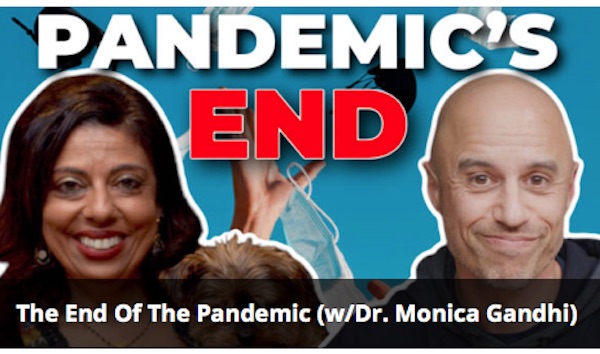
The common belief seems to be the COVID19 pandemic is going to be with us at least until the end of this year and possibly well into 2022. But some infectious disease experts are making much more aggressive predictions. In fact Dr. Monica Gandhi (bio below) is already beaming with joy over the data pouring in showing the vaccines spreading throughout the world are working incredibly well. Enjoy this interview. It will absolutely help you feel better about the state of our battle against COVID-19.
This article is from ZDoggMD
A UCSF (University of California, San Francisco) infectious disease doctor is convinced this pandemic is ending, and sooner than you think…here’s why.
Dr. Monica Gandhi is a professor of medicine at UCSF and here are our other episodes together.
And here’s her latest study in the Lancet.
An excerpt from the following video: “So we have tons of PhD epidemiologists who are painting gloom and doom pictures everywhere. Well, you know, first it was this. And then, you know, okay, now we have a vaccine but you know what, the variants are coming. So we’re probably gonna have to wear seven masks and stay shut down. And by the way, don’t even think about opening schools. Why are you thinking about opening schools? Oh, by the way it’s your bad behavior that caused all this death, and so we’re gonna shame you. And on top of that, it’s never gonna get better. So expect 2023, before we get back to a semblance of what will be a new normal, which will be we’ll all be in bubbles. So get those guys out of the picture and go with actual physicians who touch patients. What’s your thinking right now? Where are we in this mess?
Dr. Gandhi: We are just facing like complete dawn of hope and light and love. Like it’s gonna be so great. It is getting so great. So what happened, right? Like March 11th was the day that the WHO declared this a worldwide pandemic. November 9th, we got the first press release from the first vaccine. Phase three clinical trial, that fast. And then we’ve had seven phase three clinical trials. So we have seven vaccines in circulation around the globe that work. And they work exactly using the same protein in different ways using that protein, and they work beautifully, and they all work beautifully against preventing what even made us notice on January 31st, 2019 or December 31st, 2019 that something terrible was happening, which is severe disease. They all work almost 100% to prevent… 100% for hospitalizations. And then like in the 90s to prevent you not even feeling well at home. So they’re amazing.”
The interviewer is Dr. Zubin Damania. Trained at Stanford and the University of California, San Francisco, Dr. Damania is the founder of Turntable Health, an innovative primary care clinic and model for Health 3.0. He produces videos and live shows under the pseudonym “ZDoggMD” which have collected nearly a billion views.
Click play to watch.
COVID-19
WATCH: Big Pharma scientist admits COVID shot not ‘safe and effective’ to O’Keefe journalist

From LifeSiteNews
‘None of that stuff was safe and effective. We didn’t do the typical tests,’ Joshua Rys of Johnson & Johnson said to one of James O’Keefe’s undercover journalists.
A lead scientist for a global pharmaceutical firm disclosed on hidden camera that his firm’s COVID-19 vaccine underwent rushed testing, lacked research, and admitted that, in direct contradiction to the Biden administration’s constant refrain, the drug was not “safe and effective.”
“None of that stuff was safe and effective. We didn’t do the typical tests,” said Joshua Rys, a lead regulatory affairs scientist for Johnson & Johnson (J&J), not realizing that he was being filmed by one of James O’Keefe’s undercover journalists.
BREAKING: Johnson & Johnson Lead Scientist Confesses J&J COVID-19 Vaccine Was 'Not Safe and Effective,' Reveals “Lack of Research” From Rushing to Release Vaccine: “People Wanted It, We Gave It to Them”
“Do you have any idea the lack of research that was done on those products… pic.twitter.com/yEeyXy8toI
— James O'Keefe (@JamesOKeefeIII) July 15, 2025
Rys explained that normally a new drug undergoes an extended period of testing, including human trials, but the COVID-19 vaccine circumvented those safety measures in order to rush the product to the public.
“This was just, ‘Let’s test it on some lab-rat models, analyze and see if it works,” said Rys, “and just throw it to the wind and see what happens.”
“I’m sure somebody is going to get sued for that stuff, eventually,” he predicted.
“Do you have any idea [of] the lack of research that was done on those products?” asked the J&J lead scientist.
“People wanted it. We gave it to them,” said Rys.
O’Keefe later approached Rys to ask what led him to tell a total stranger that his product was not safe and effective, but Rys evaded O’Keefe and his probing.
O’Keefe explained that the work of his O’Keefe Media Group (OMG) undercover journalists is crucial because, he claimed, up to 80 percent of the revenue cable and other news organizations derive from ads comes from Big Pharma.
OMG is “pulling back the veil on the corruption and lies in our government, in our corporations, in the pharmaceutical industry,” said O’Keefe, ominously noting that the last time he did an investigation into Big Pharma organization Pfizer, he was indefinitely suspended from Project Veritas, the company he founded.
COVID-19
Japan disposes $1.6 billion worth of COVID drugs nobody used
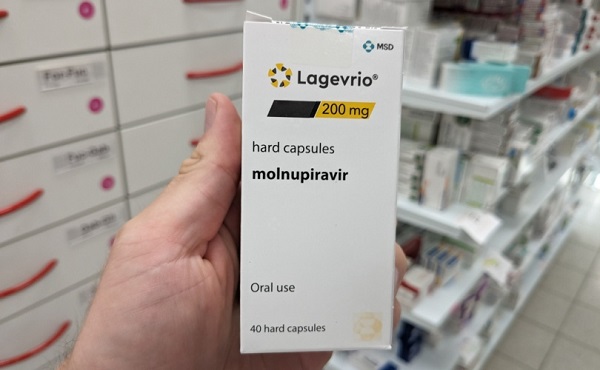
From LifeSiteNews
The nation’s health ministry has already trashed 2 million doses of PaxlovidPACK and Lagevrio, and will dispose of 1.77 million doses of Xocova by the end of February 2026.
Japan is disposing of $1.6 billion worth of COVID-19 drugs that went unused and are now expired in a dramatic disconnect between government projections and reality.
The Japanese Broadcasting Corporation reported that the nation’s health ministry has already trashed 1.75 million patients’ worth of PaxlovidPACK and 780,000 patients’ worth of Lagevrio doses, and will dispose of 1.77 million patients’ worth of Xocova by the end of February 2026.
The government had been required by law to purchase enough oral COVID drugs for 5.6 million people, to be distributed free of charge through May 2023, at which point the virus was downgraded to the same threat level as normal seasonal influenza. But 2.5 million, a little under half the supply, remained unused by the time they hit their expiration dates.
The Star added that the value of the destroyed drugs is estimated to be roughly 240 billion yen, or 1.6 billion US dollars.
Across the world, governments took drastic action to counter the COVID pandemic, based in large part on exaggerated assumptions about the virus’s transmissibility and threat to non-elderly individuals without comorbidities. A large body of evidence has found that mass restrictions on personal and economic activity undertaken in 2020 and part of 2021 caused far more harm than good in terms of personal freedom and economics as well as public health, and that lives could have been saved through far less burdensome methods, such as the promotion of established therapeutic drugs, narrower protections focused on those most at risk (such as the elderly and infirm), and increasing vitamin D intake.
In Florida, the first report by a grand jury impaneled by Republican Gov. Ron DeSantis determined that lockdowns did more harm than good, that masks were ineffective at stopping COVID transmission, that COVID was “statistically almost harmless” to children and most adults, and that it is “highly likely” that COVID hospitalization numbers were inflated.
Much like the controversial COVID vaccines, concerns were raised about the safety and effectiveness of COVID therapeutics such as Paxlovid and Lagevrio as well.
In May, former Japanese minister of internal affairs and communications Kazuhiro Haraguchi announced he had cancer, and said testing of the lesions linked it to spike proteins from the COVID-19 vaccine he had received two years before.
-
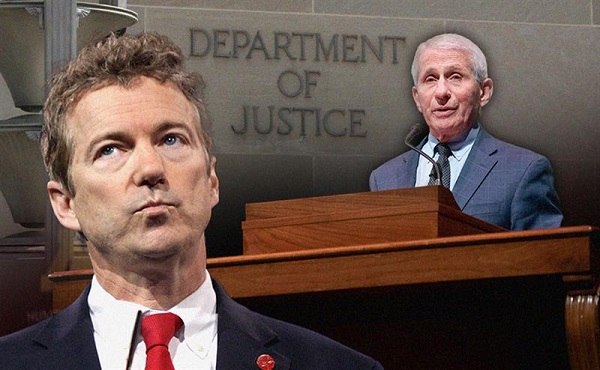
 COVID-192 days ago
COVID-192 days agoSen. Rand Paul: ‘I am officially re-referring Dr. Fauci to the DOJ’
-
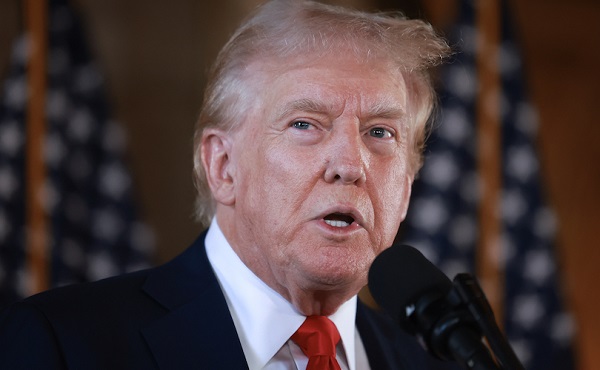
 Education2 days ago
Education2 days agoTrump praises Supreme Court decision to allow dismantling of Department of Education
-
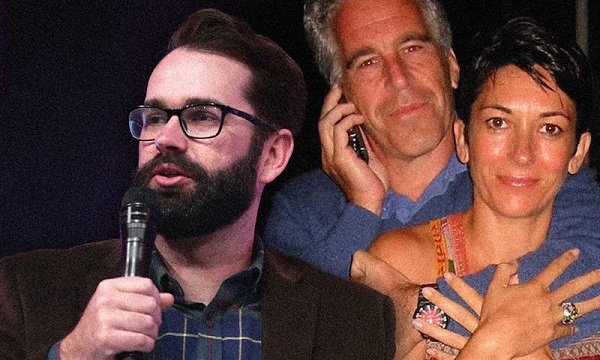
 International2 days ago
International2 days agoMatt Walsh slams Trump administration’s move to bury Epstein sex trafficking scandal
-
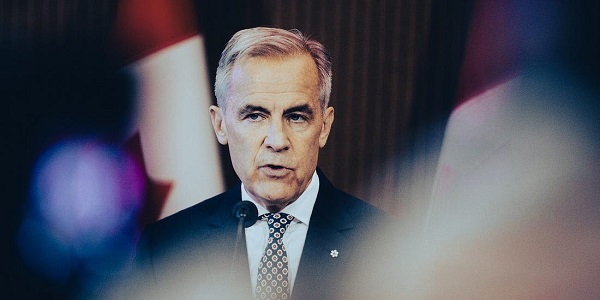
 National1 day ago
National1 day agoDemocracy Watch Blows the Whistle on Carney’s Ethics Sham
-

 Energy1 day ago
Energy1 day agoIs The Carney Government Making Canadian Energy More “Investible”?
-
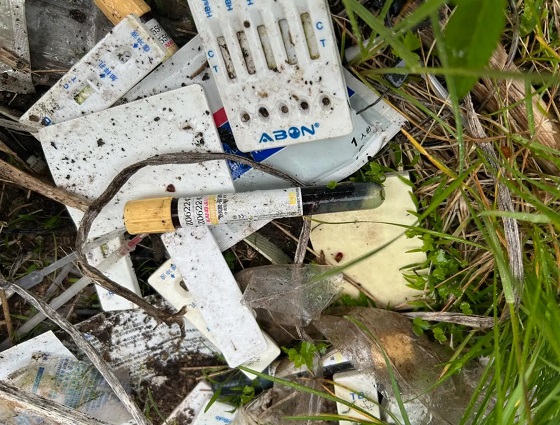
 Immigration24 hours ago
Immigration24 hours agoUnregulated medical procedures? Price Edward Islanders Want Answers After Finding Biomedical Waste From PRC-Linked Monasteries
-

 Business23 hours ago
Business23 hours agoDemocracy Watchdog Says PM Carney’s “Ethics Screen” Actually “Hides His Participation” In Conflicted Investments
-
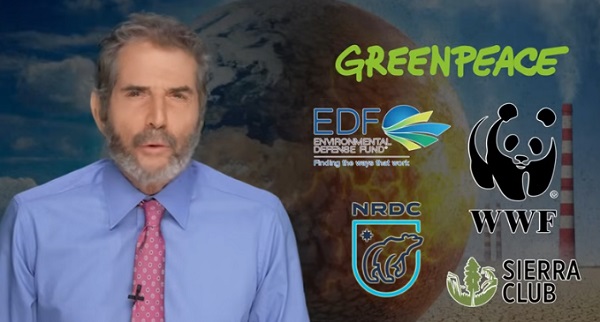
 John Stossel2 days ago
John Stossel2 days agoThe Green Industrial Complex: Power, Panic, and Profits






